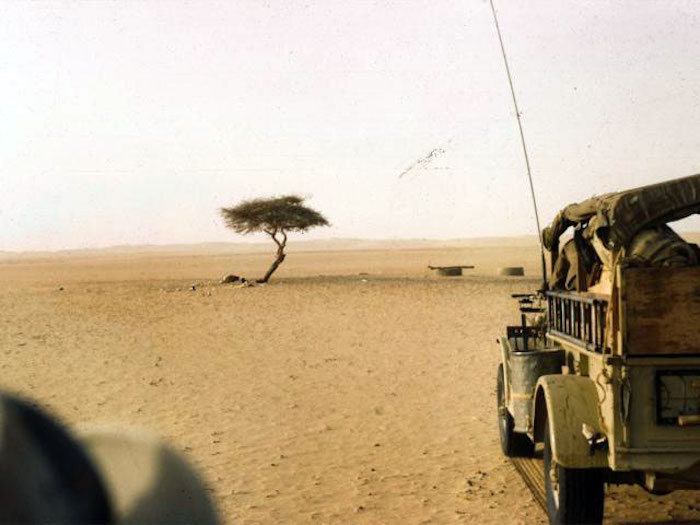
So you want to start a digital news organization for your community. Where would you go to look up the ownership structure of your favorite local outlet? What about their mix of revenue sources? Thinking that most aspiring entrepreneurs are similarly in the dark, a new project backed by the Google News Initiative hopes to shed light on how successful online newsrooms built their business models.
Launching today in partnership with LION Publishers, the University of North Carolina, and Table Stakes co-founder Doug Smith, the venture hopes to help founders (and aspiring founders) of digital news startups make smarter decisions at key stages of growth. Called Project Oasis, it will survey the existing online news landscape, build a database of digital-native news orgs in the United States and Canada, and then through surveys and interviews build case studies featuring the most successful among them.The work builds on UNC’s existing news desert database, which seeks to “highlight communities where residents have limited access to the credible and comprehensive news and information that feeds democracy at the grassroots level” by mapping mainly non-digital native outlets.
The leaders of Project Oasis — because of the news deserts? get it? — hope to gather data and craft case studies that will help existing publications learn from one another’s victories and failures. When completed, Project Oasis will also publish a “Starter Pack” of “step-by-step guidance and checklists” for aspiring entrepreneurs.
Chris Krewson, executive director of LION Publishers, promised the group won’t settle for one-size-fits-all recommendations:
The ultimate goal of this project is to produce a guide to help entrepreneurs start local news businesses, and existing local news startup founders learn from the successes of their peers. This guide won’t be prescriptive; we won’t favor one tax status over another; we won’t mandate that success equals using any particular CMS; we won’t declare that financial sustainability can only come via the use of programmatic advertising or paid referral services. The reality is we need to try to learn from as many approaches as possible, because every community and business problem is different and our tools and platforms are rapidly changing.
The surveys ask about ownership structure, employee count, the allocation of employees based on function, revenue sources, “the shape of their funnel,” monetization plans, traffic sources, and more. It sounds like a lot to ask, but Project Oasis is betting that mission-driven news organizations are willing to pull back their curtain in order to help other local news outlets. Susan Leath, the director of the Center for Innovation and Sustainability in Local Media at UNC’s Hussman School of Journalism, said the group has tested questions and sought feedback on the survey’s length and format to encourage participation.
The project leaders hope these benchmarks, once collected and analyzed, will help new startups make critical business decisions on their path toward sustainability. Even transitioning print publications may find information they can use, said Ben Monnie, the director of global partnerships solutions for news at Google (and former vice president for strategy at The New York Times).
“We want to show how organizations are prioritizing their time and attention at various stages in their development,” Monnie said. “When you’re in a startup and, frankly, when you’re in a legacy organization, you’re overwhelmed by choice. If we can help provide — based on what’s worked for the most successful digital native organizations — a sense of where they should focus at different points in their development, that can hopefully help increase the success rate.”
For the project’s purposes, digital-native news organizations include startups that launch as digital-only publications and segments of legacy publications built for online, app, and social media audiences, Monnie said. For example, the team behind This is Tucson, part of the Arizona Daily Star, counts as a digital native.
“I think the interesting challenge is figuring out how to balance investment in the organizations that are producing the quality journalism today with those organizations who might be emerging and able to produce several years in the future,” Monnie said.
Monnie, while reticent to pick any favorites (“It’s like choosing a favorite child!”), pointed to online “stars” like The Texas Tribune, VTDigger, Voice of San Diego, and The Daily Memphian as success stories that early-stage local news outlets may want to learn from.“It’ll be really useful for other digital native organizations, funders, and the like to be able to understand a little bit more about what’s going on in the market,” Monnie said.
The project is sending out surveys to more than 800 digital-native news organizations — including a few hundred LION Publishers members — across the United States and Canada. Know of one that may be flying under their radar? There’s an open call for publications and the deadline for completed surveys falls at the end of April.